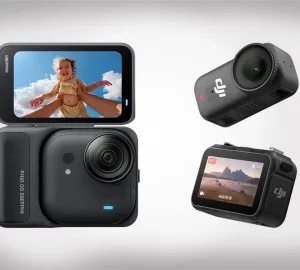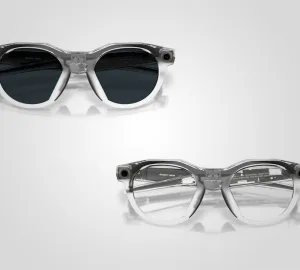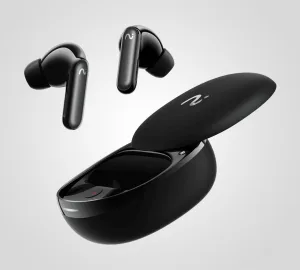4 minute read
New technologies are helping to transform many industries, including the healthcare industry. From apps and electric records to virtual reality and artificial intelligence, here’s a look at some of the key ways in which technology is impacting healthcare.
Electronic Medical Records
Electronic Health Records have made collaboration and the sharing of information between health specialists and labs much easier. The time and resource expenditure of transmission is significantly reduced. EHRs consist of summaries of patients’ medical records. They can include things like lab reports, diagnoses, and prescriptions, as well as a view of a patient’s overall health, thereby enabling more accurate diagnoses and improved patient care. EHR reporting software has also helped make healthcare professionals’ lives easier. With the best comprehensive, flexible, and real-time reporting software, organizations working in the healthcare industry can access over a hundred real-time reporting templates and create custom reports, from services delivered to staff performance and everything in between.
Apps
Apps don’t only enable patients to access things like medical records and prescription requests. They also allow doctors and other healthcare professionals to achieve greater procedural efficiency. For instance, with specific mobile apps, physicians can reduce the amount of time it takes to file and record patient data. Medical apps can also provide doctors with drug information to prevent side effects and help them to find data to help improve diagnoses.
Within the realm of digital transformation in healthcare, selecting the appropriate tools is crucial. For instance, choosing among reputable medical billing software companies can dramatically impact billing efficiency and patient satisfaction. As technology continues to innovate in various sectors like AI and telemedicine, equivalent progress in administrative tools is vital for an integrated approach to healthcare service delivery.
3D Printing
3D printing has been revolutionizing healthcare in recent years. The process can be used to create prosthetics, implants, hearing aids, customized dental devices, tissue and organ fabrication, and much more. With major growth in precision and personalized medicine happening, there’s now a strong demand for customized patient-specific medical applications that are tailored precisely to an individual or their anatomy, so 3D printing is the perfect solution. As 3D printers become more sophisticated, their future uses in the healthcare industry are almost endless.
Telemedicine
Remember those old 1980s science fiction movies in which people consulted their doctors on screens from afar? Well, that’s now a reality. With telemedicine, patients can speak to doctors, specialists, and other healthcare professionals almost anywhere in the world, thus overcoming the barriers of distance and enabling patients to receive support and care from home. Telemedicine is also an excellent tool for facilitating critical care in emergency situations. The application of telemedicine is still in its infancy, but it’s growing quickly, and it will soon be used in many different ways within the healthcare industry. Ultimately, that means patients receive better care.
Virtual Reality
Virtual reality headsets with specific soothing visuals are starting to be used to help people with mental health problems like anxiety and depression for their postoperative recovery process. Furthermore, virtual reality is transforming the way that surgeons train. With virtual reality devices, people training to become surgeons can now practice different surgical procedures in virtual settings that highly resemble real circumstances. Studies have been showing that surgeons who train with virtual reality programs are more accurate than their traditionally-trained counterparts. As virtual reality continues to become more sophisticated, the technology could end up completely transforming the future learning of doctors and other medical professionals.
Artificial Intelligence
Artificial intelligence is helping to transform many industries in many ways, including the healthcare industry. Take Google’s DeepMind AI as an example. In 2020, it was reported that DeepMind can outperform human radiologists for spotting breast cancer. The AI was trained on two datasets of mammogram scans and competed against six radiologists. While the research is still in its early stages, DeepMind highlights just how much of a key role AI could play in the future of cancer diagnosis.






